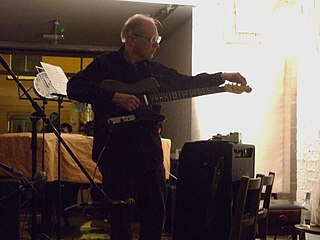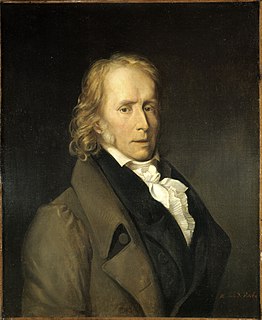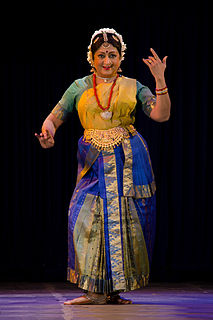A Quote by Henry Flynt
The purpose of concept art as a genre is to unbrainwash our mathematical and logical faculties.
Related Quotes
For generations, field guides to plants and animals have sharpened the pleasure of seeing by opening our minds to understanding. Now John Adam has filled a gap in that venerable genre with his painstaking but simple mathematical descriptions of familiar, mundane physical phenomena. This is nothing less than a mathematical field guide to inanimate nature.
Mathematics is a logical method. . . . Mathematical propositions express no thoughts. In life it is never a mathematical proposition which we need, but we use mathematical propositions only in order to infer from propositions which do not belong to mathematics to others which equally do not belong to mathematics.
We know that mathematicians care no more for logic than logicians for mathematics. The two eyes of science are mathematics and logic; the mathematical set puts out the logical eye, the logical set puts out the mathematical eye; each believing that it sees better with one eye than with two. Note that De Morgan, himself, only had sight with only one eye.
Intellect begins with the observation of nature, proceeds to memorize and classify the facts thus observed, and by logical deduction builds up that edifice of knowledge properly called science? But admittedly we also know by feeling, and we can combine the two faculties, and present knowledge in the guise of art.
[Kepler] had to realize clearly that logical-mathematical theoretizing, no matter how lucid, could not guarantee truth by itself; that the most beautiful logical theory means nothing in natural science without comparison with the exactest experience. Without this philosophic attitude, his work would not have been possible.








































